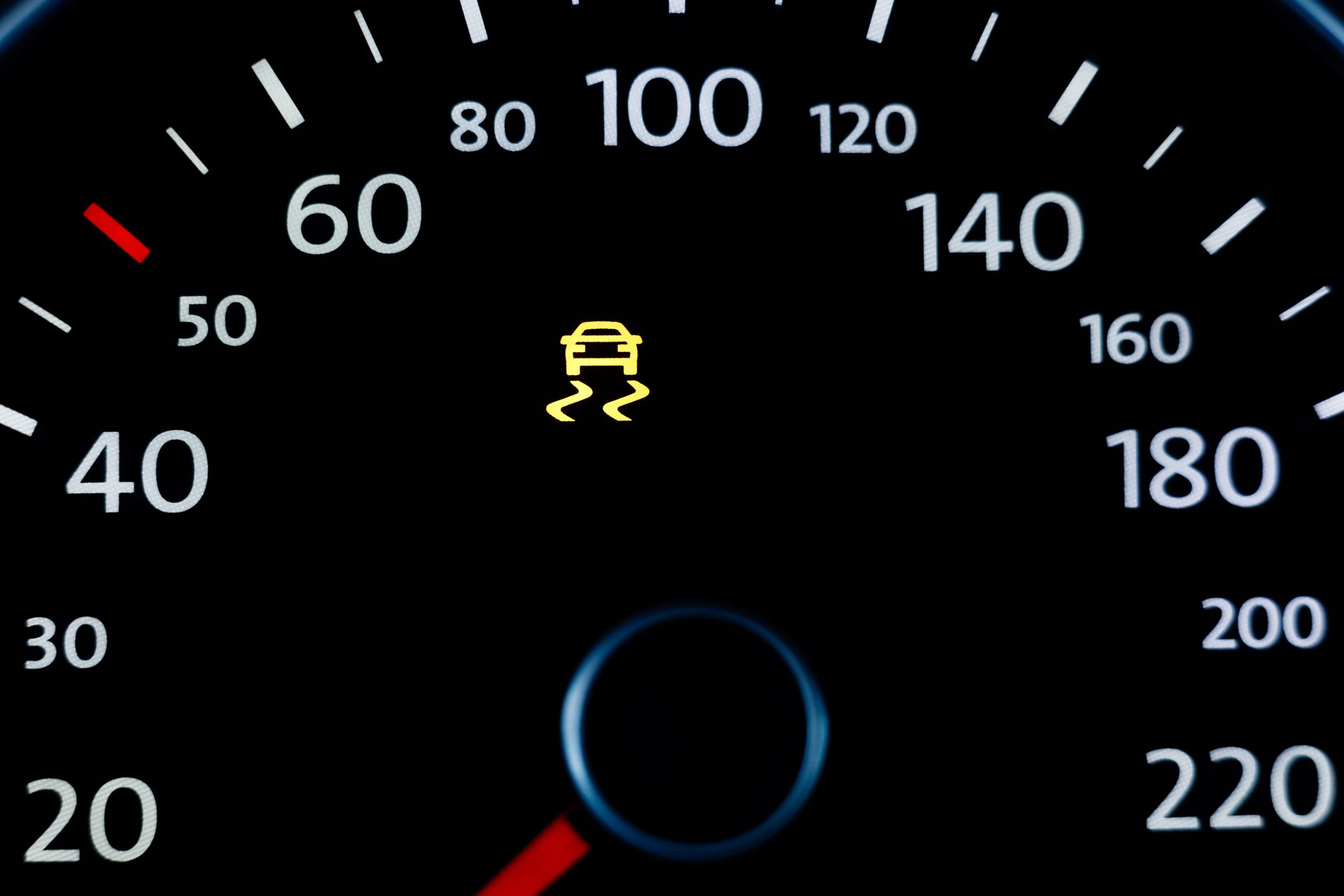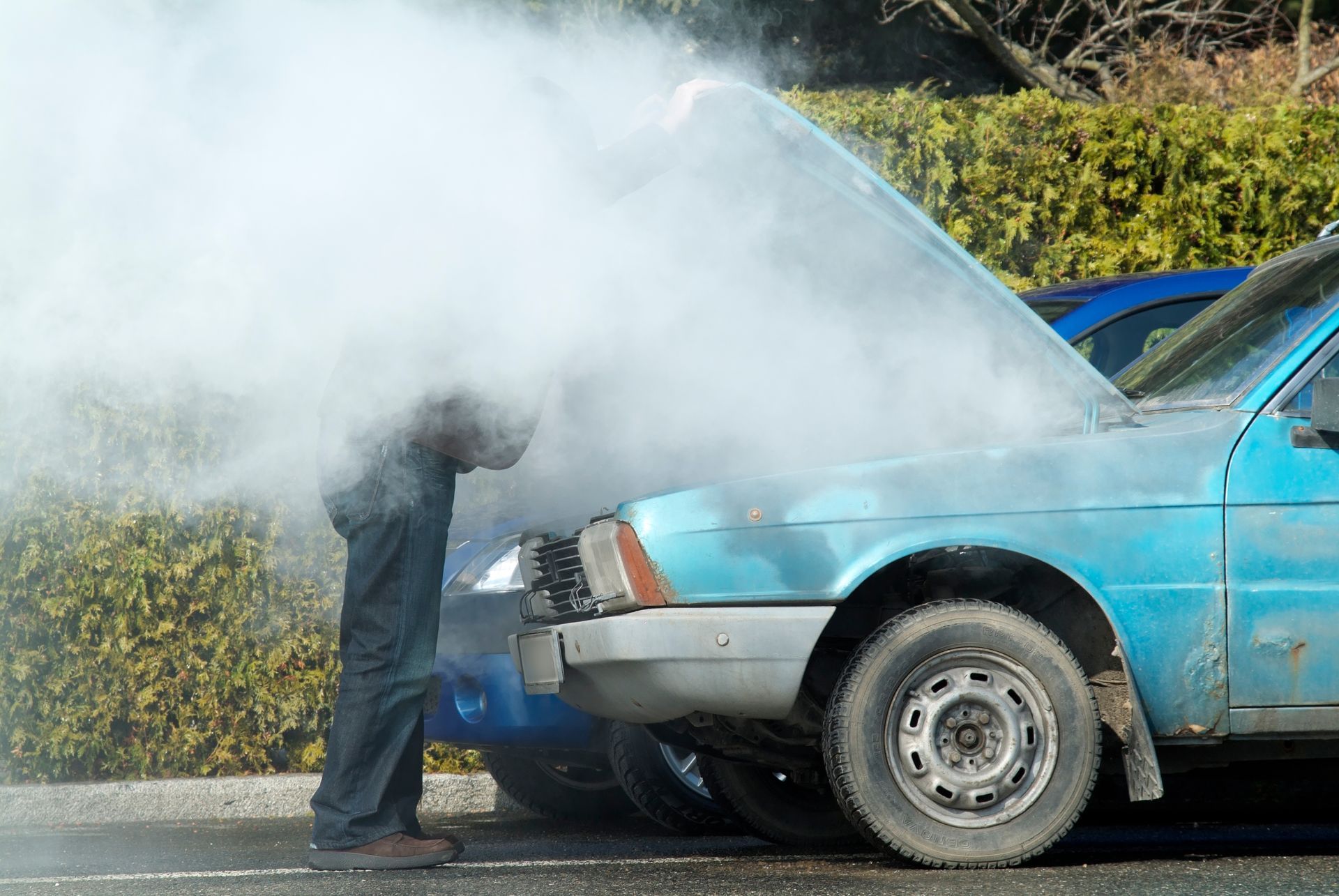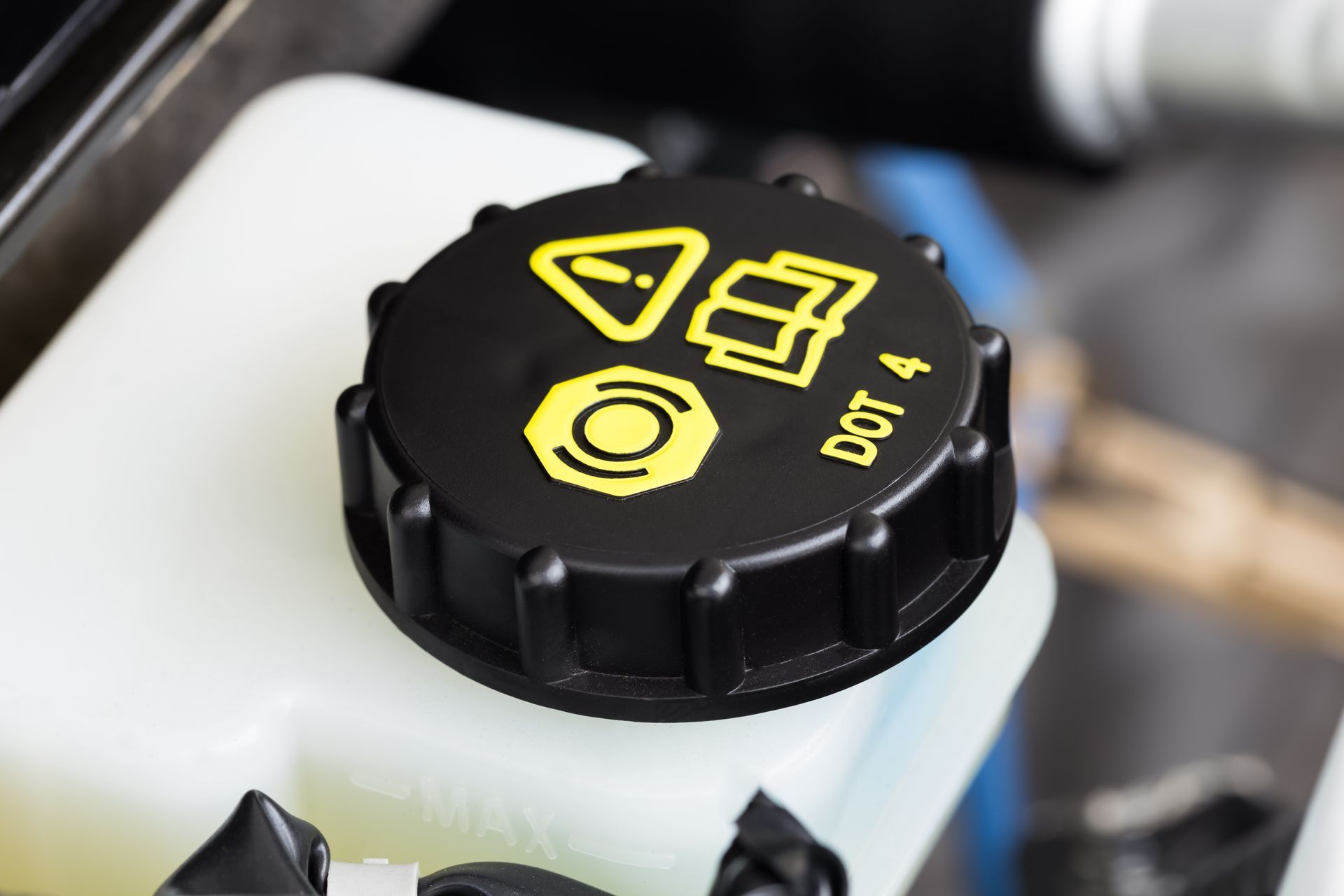
If you often drive in the evenings or night, you’re going to need dependable lighting to see where you’re going. Whenever our car lights start to look dim or even flicker, it could negatively impact your safety. There are many different problems that can cause your lights to appear darker. The most common problems can usually be traced to your battery, alternator, bulbs, or ground wires.
BATTERY
The first electrical part that you should check is your car battery. An old battery can cause your lights, as well as other electrically powered accessories, to go bad. Feel free to come by our auto repair shop for a battery test.
ALTERNATOR
If your battery doesn’t seem to be the problem, consider checking your alternator. Faint lights are often a symptom of a bad alternator. A broken alternator will typically only cause the lights to do this when the car is on. The team at BG Automotive can assess your alternator’s condition too.
BULB
If an electrical component isn’t the issue, it may be the light bulb burning out. Has it been a while since you’ve had your car? We can check and replace your light bulb the next time you come in for service.
WIRES
Last but not least, it could also be a wiring problem. The ground wires of your vehicle can become loose over time. As a result, your lights may flicker or dim. If you notice the symptom whenever you hit bumps in the road, it can easily be traced back to the wires. Luckily, it is a simple fix that can be done by tightening the wires.
If you have any electrical problems with your vehicle, we welcome you to bring your car to the experts at BG Automotive. We’ve been the top trusted choice for reliable auto maintenance and repairs for years. Please give us a call or visit soon!











